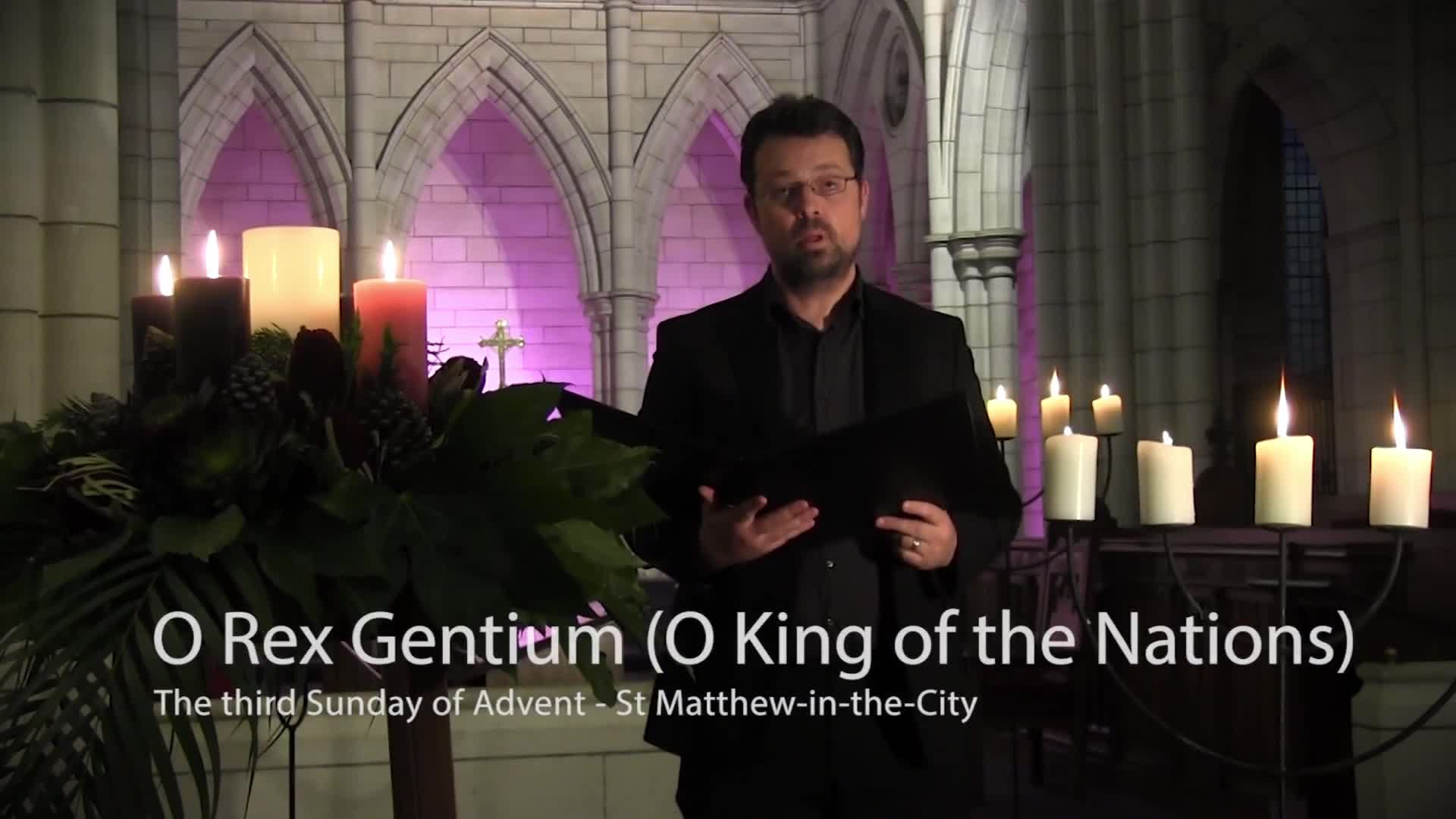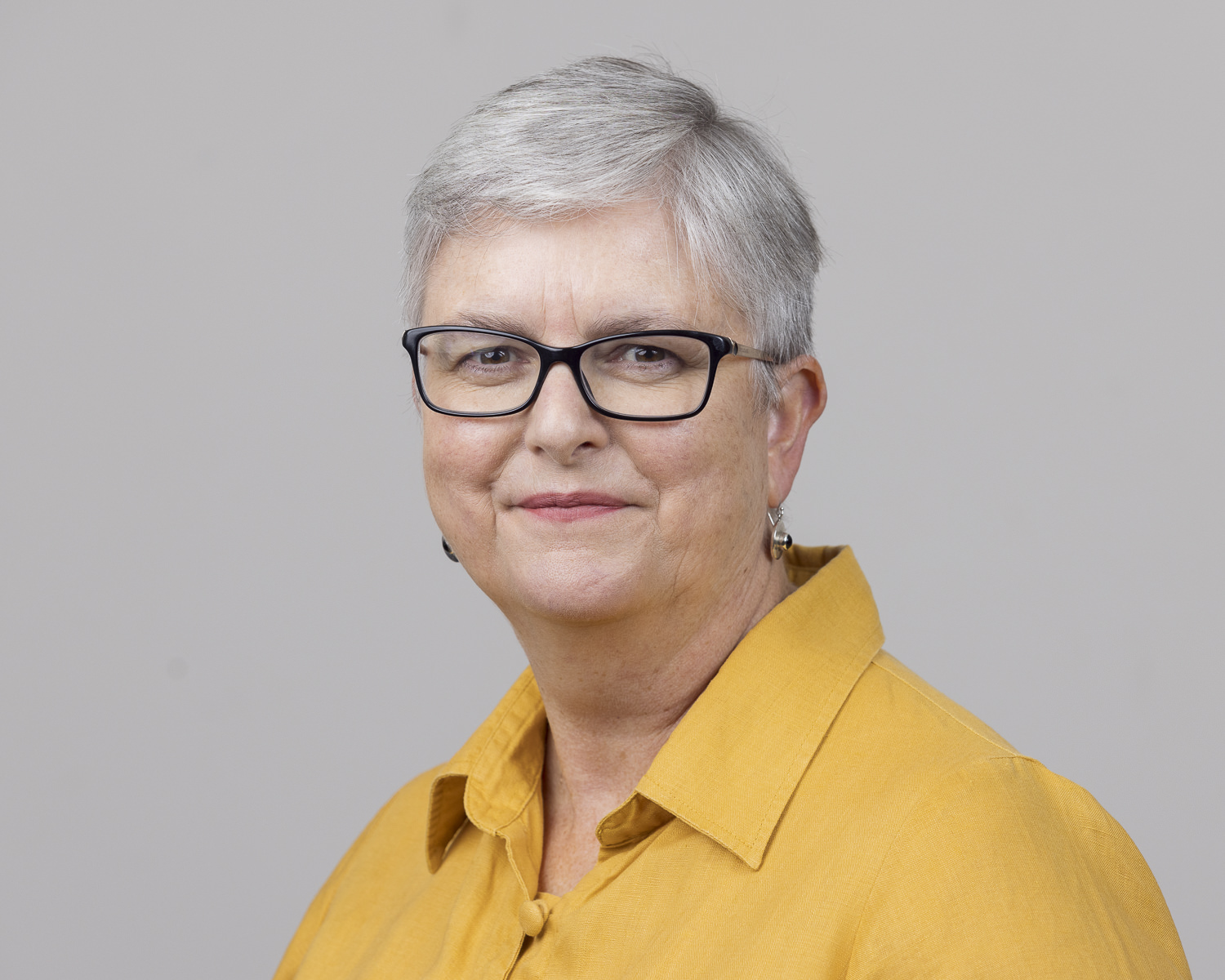
Home
Engagement
Wai puna - everflowing water
Archbishop Winston Halapua, archbishop of Polynesia spoke in a Lenten series on Water. He was on his way to participate in New York and London in an Anglican Communion series on Water.

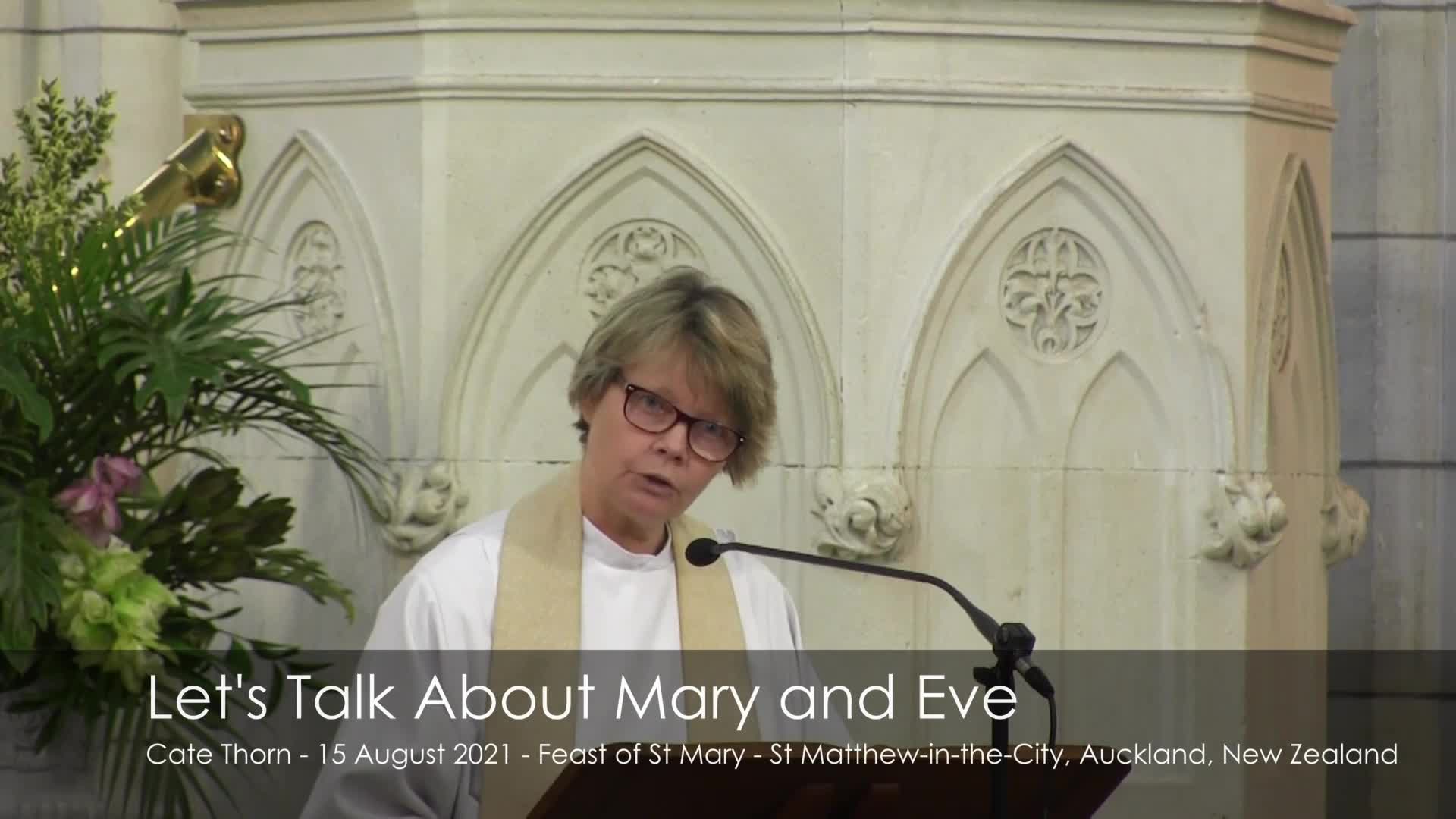
Let’s talk about Mary and Eve
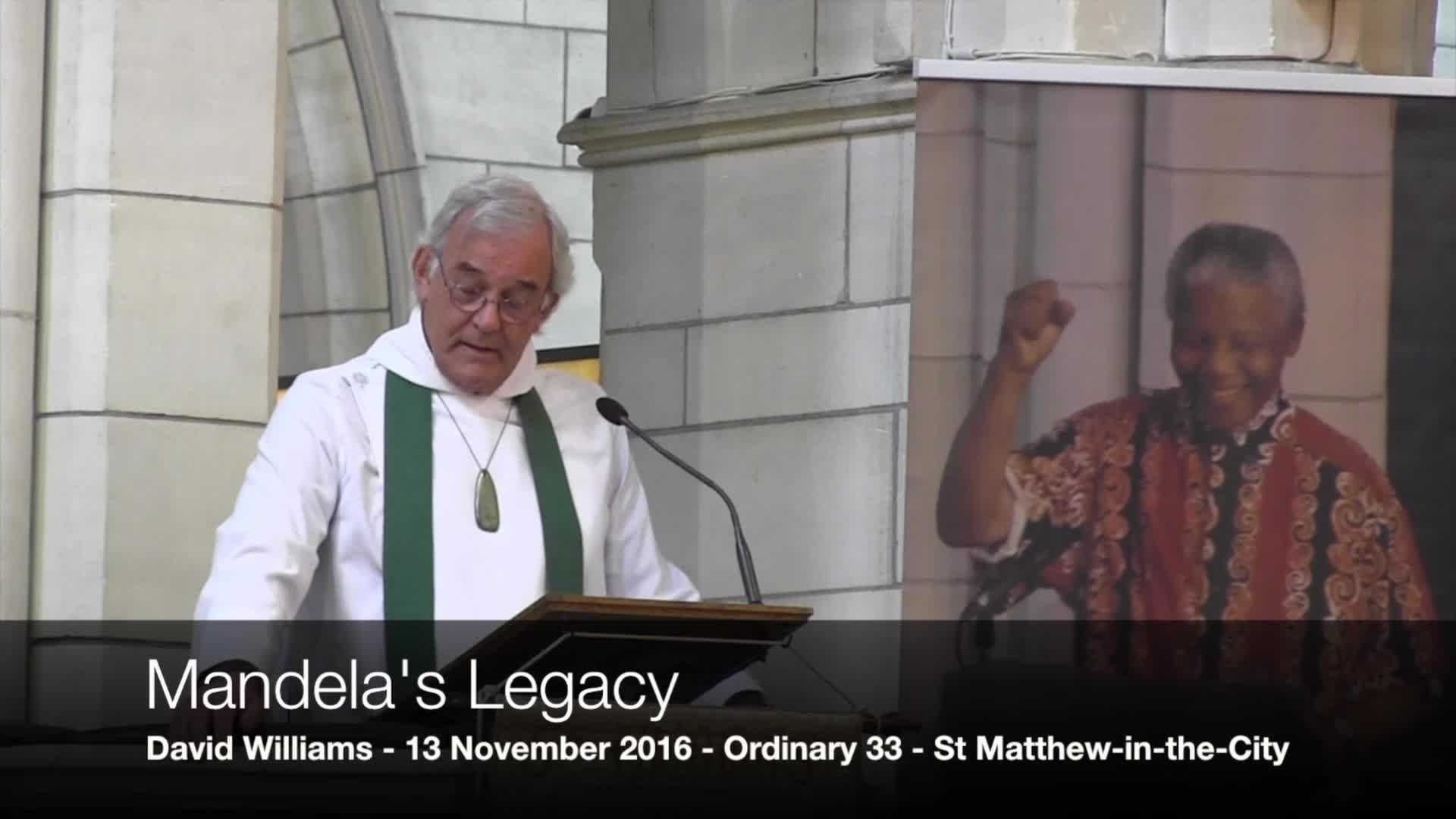
Remembering Mandela
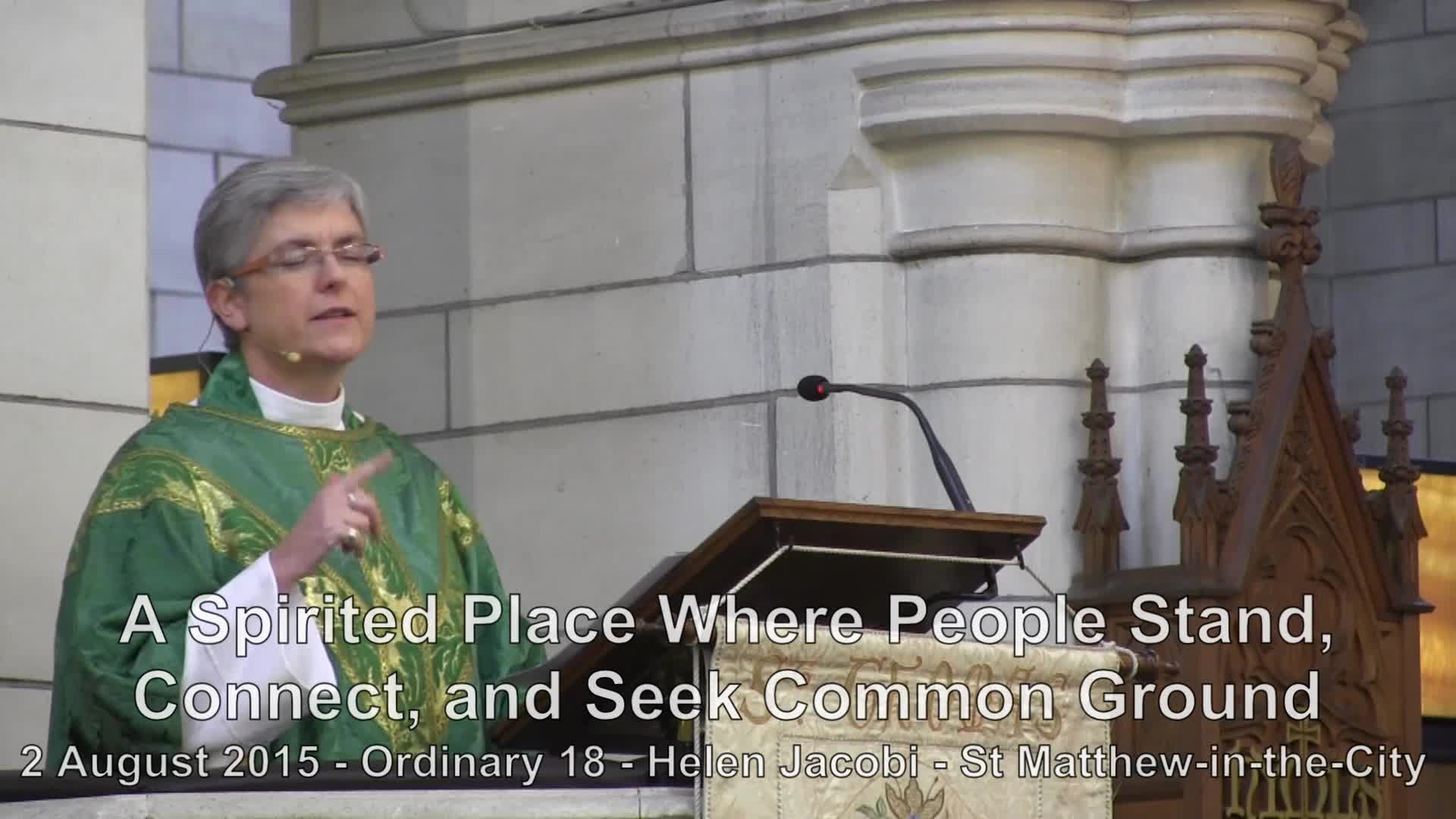
A spirited place
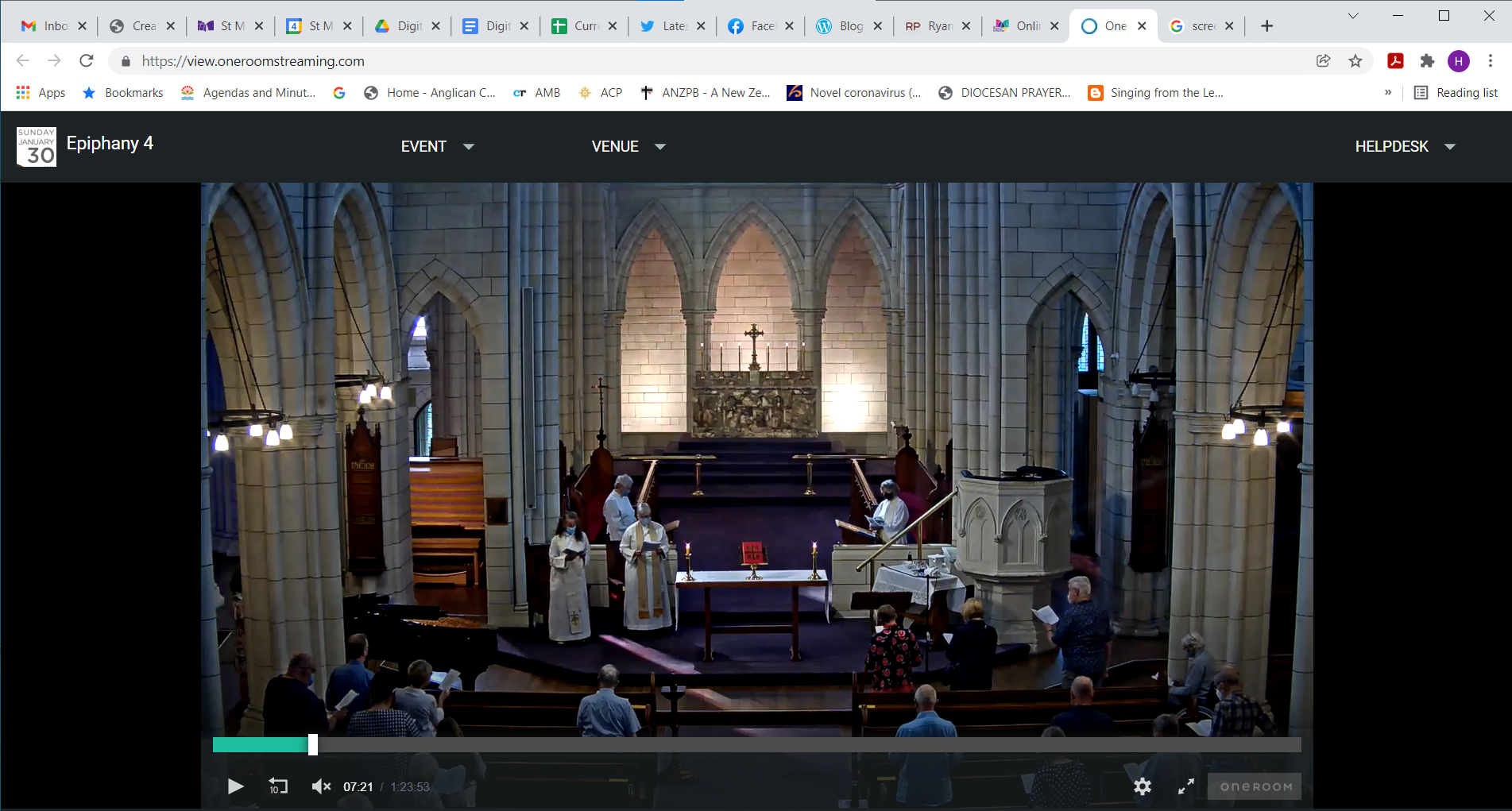
Hybrid worship

City Mission work

What is religious freedom

The Great O Antiphons: O Emmanuel, O Virgo Virginum
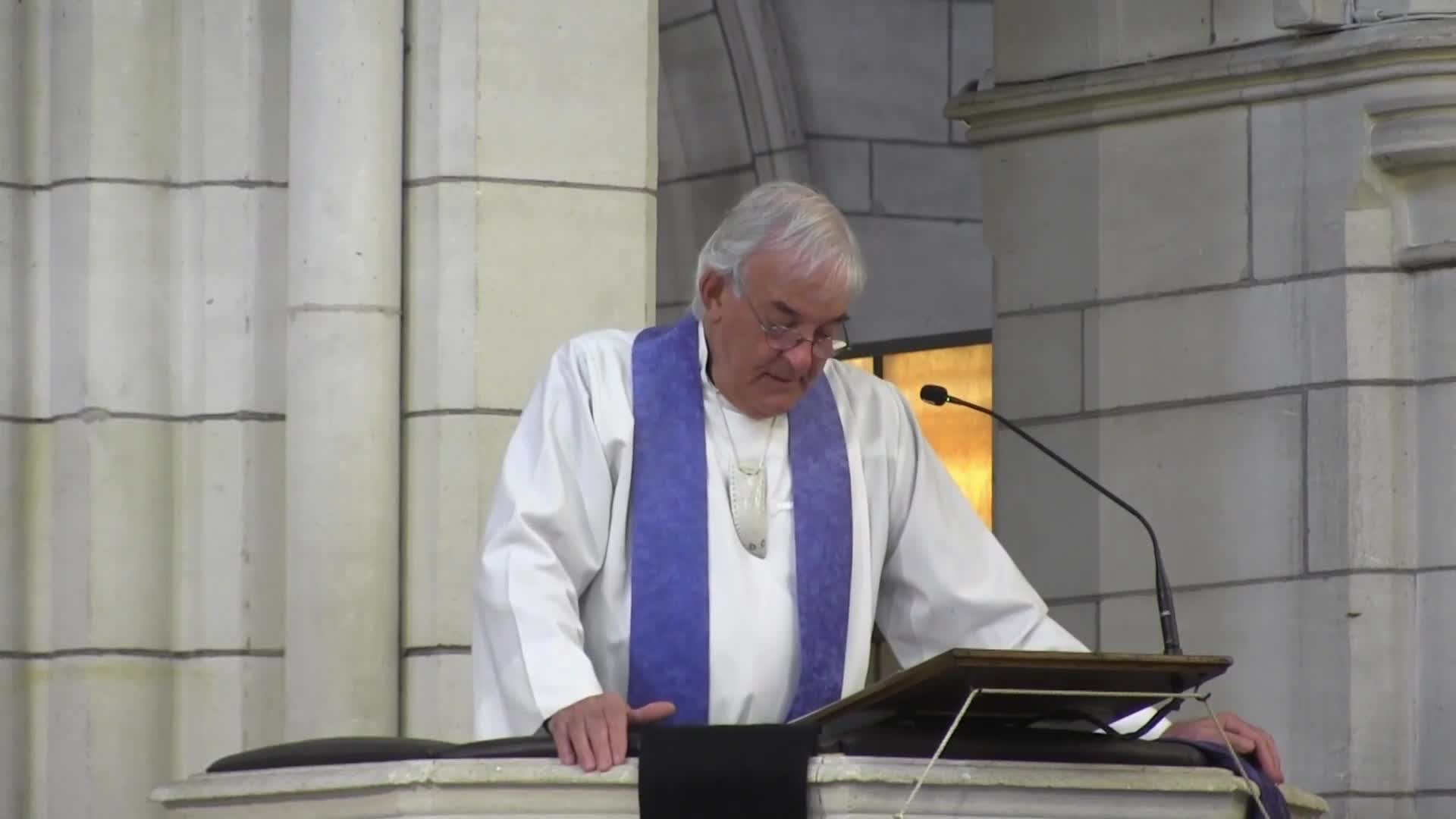
Matariki
